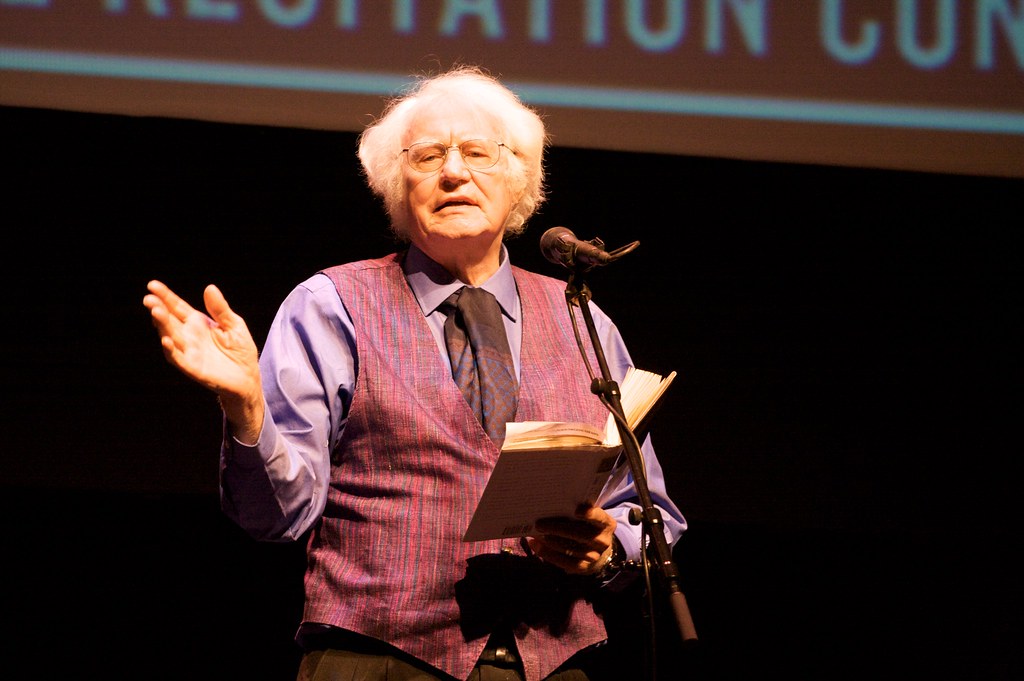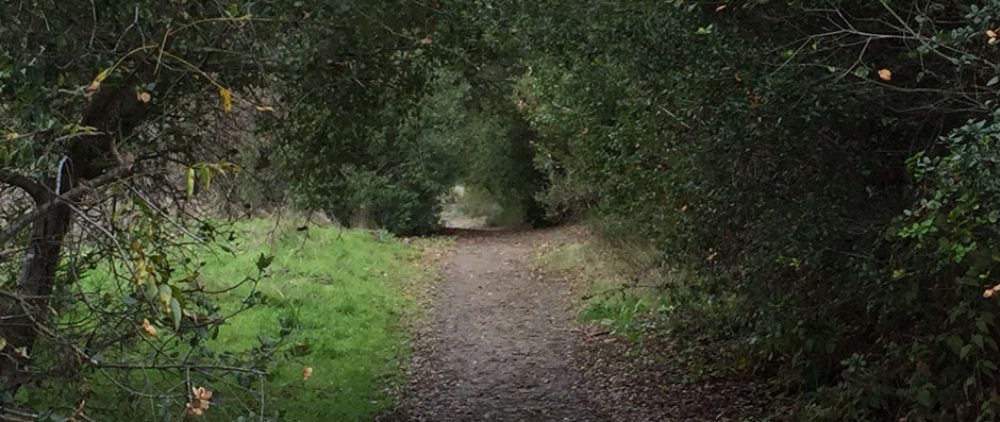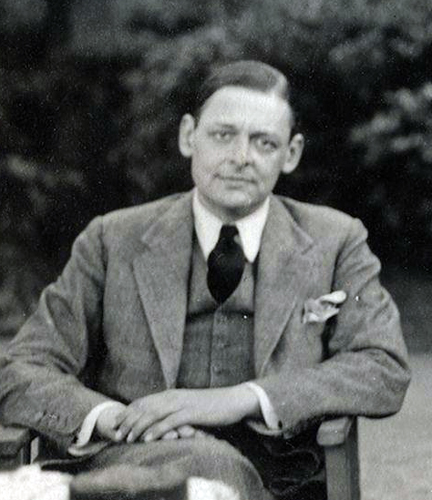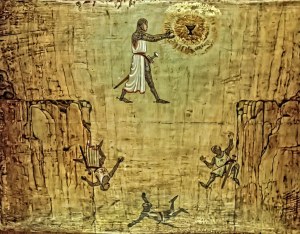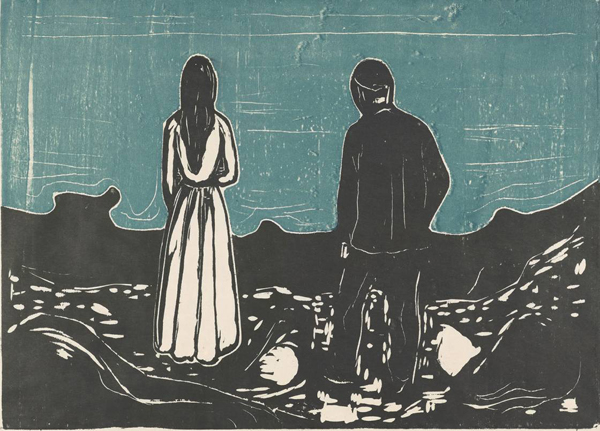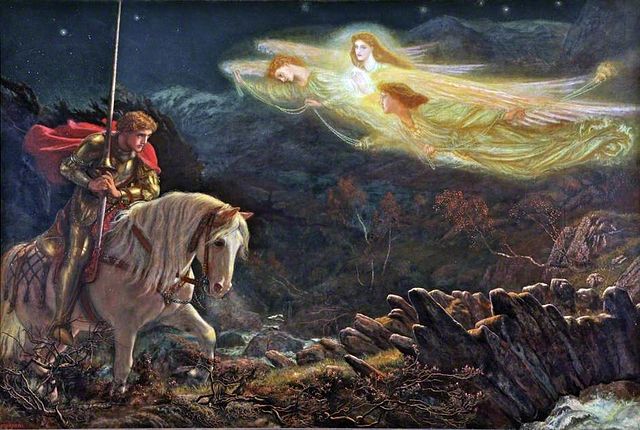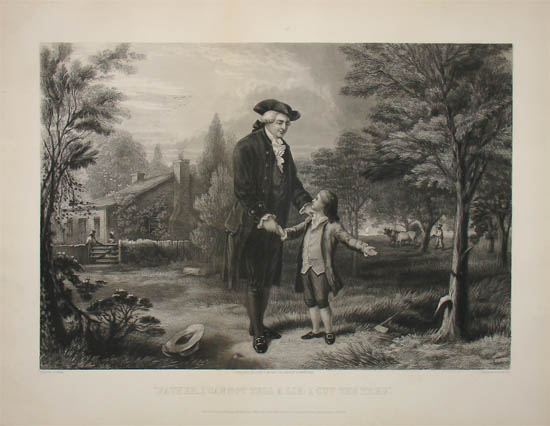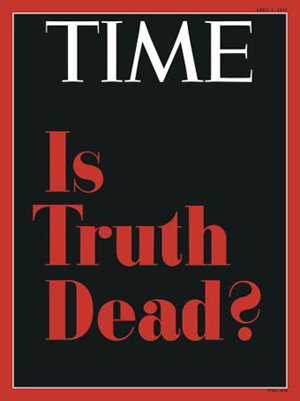Roy Rogers was my first boyhood hero. For a time, around the age of three or four, I refused to answer to “Morgan,” insisting that my parents call me Roy.
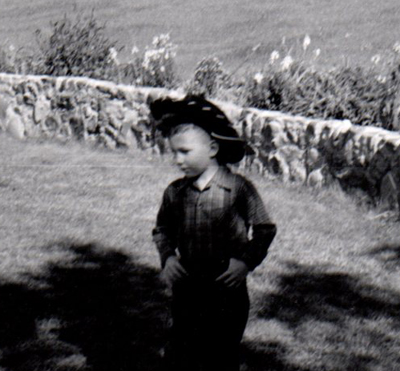
Me as Roy, probably age 4.
No matter that any residual appreciation for him collapsed during the Vietnam war, after he came out as a hawk – Roy Rogers was the first person who carried for me, the imagination of what a life well lived might look like.
Upon waking, it seemed strange that I should dream of his death as a present day event, when it happened 20 years ago. Not so strange, after a moment’s reflection, as the nation watches, in real time, the complete collapse of any remaining shred of heroism among our ruling class and their paid minions in Washington. We still live in the world T.S. Eliot described in “The Waste Land.”
There is no way this ends well!
For 20 years, I followed the teachings of Paramahansa Yogananda (1893-1952), a Hindu master who moved to this country in 1920, to found an international organization that teaches the core unity of all religions and gives instruction in meditation practices to enable people to make this discovery for themselves.
In May, 1940, he gave a talk that was later published as a pamphlet called World Crisis. In it, he said:
“a great crisis is going to come, a crisis such as never before has hit this country…There is a world revolution going on. It will change the financial system. In the karmic firmament of America I see one beautiful sign; that no matter what the world goes through, she will be better off than most other countries. But America will experience widespread misery, suffering, and changes just the same. You are used to the better things of life, and when you are obliged to live simply, you won’t like it. It is not easy to be poor after being rich. You have no idea how this change is going to affect you through the years. Never before in the history of this land has there been so deep a contrast in living standards as will visit this country – the contrast between riches and poverty.”
I remember in college, how I used to marvel at the tragic heroes and their flaws, in Greek Tragedies and in Shakespeare – how their every action to escape their fate led them deeper into the jaws of the trap. We are seeing in real time, how a nation can tread the same course to disaster.
Last night’s dream reminded me of the discussions one of my latter day heroes, Joseph Campbell held with Bill Moyer’s in the mid 80’s. In their dialog on the “Heroes Adventure,” there was this exchange:
MOYERS: “Given what you know about human beings, is it conceivable that there is a port of wisdom beyond the conflicts of truth and illusion by which our lives can be put back together again? Can we develop new models?”
CAMPBELL: “They’re already here, in the religions. All religions have been true for their time. If you can recognize the enduring aspect of their truth and separate it from the temporal applications, you’ve got it…One way or another, we all have to find what best fosters the flowering of our humanity in this contemporary life, and dedicate ourselves to that.”
MOYERS: “Not the first cause, but a higher cause?”
CAMPBELL: “I would say, a more inward cause. ‘Higher’ is just up there, and there is no ‘up there.’ We know that. That old man up there has been blown away. You’ve got to find the Force within you.”
No single suggestion seems more relevant for our times: “You’ve got to find the Force within you.”
